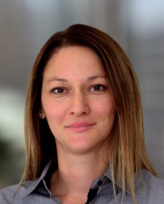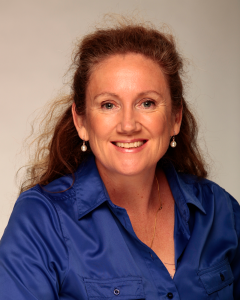About Paste 2025
27th International Conference on Paste, Thickened and Filtered Tailings
April 2025 | Namibia
Paste 2025 Conference Chair

Véronique Daigle
Director
Knight Piésold, Namibia
Veronique Daigle is a Lead Civil Engineer based in Knight Piésold’s Windhoek office in Namibia. She has a bachelor’s degree in civil engineering (cooperative program) from the Université de Sherbrooke, with a specialization in environmental geotechnics and hydraulics. She is a registered professional engineer in Quebec, Canada, and in Namibia.
She has worked in Knight Piésold’s North Bay and Vancouver offices, focusing on the mining and renewable energy industries. She has also worked in Knight Piésold’s Accra office, completing a two-year transfer as part of Knight Piésold’s Global Career Development Program. She joined the Windhoek office in 2013 and her work experience has been focused on project management, mine water and waste management concept development and design, dam inspection, environmental studies, heap leach facility design, construction and post-construction phase services, and geotechnical site investigations. Veronique is a certified Towards Sustainable Mining (TSM) verifier with the Mining Association of Canada and a member of both the Canadian Dam Association (CDA) and South African Committee on Large Dams (SANCOLD).
Veronique’s experience includes projects in Canada, throughout North and South America, as well as in West Africa and Southern Africa. She is fluent in French, English, and Spanish, and she is learning German.
Paste 2025 Event Manager

Josephine Ruddle
Event Manager
Australian Centre for Geomechanics, Australia
